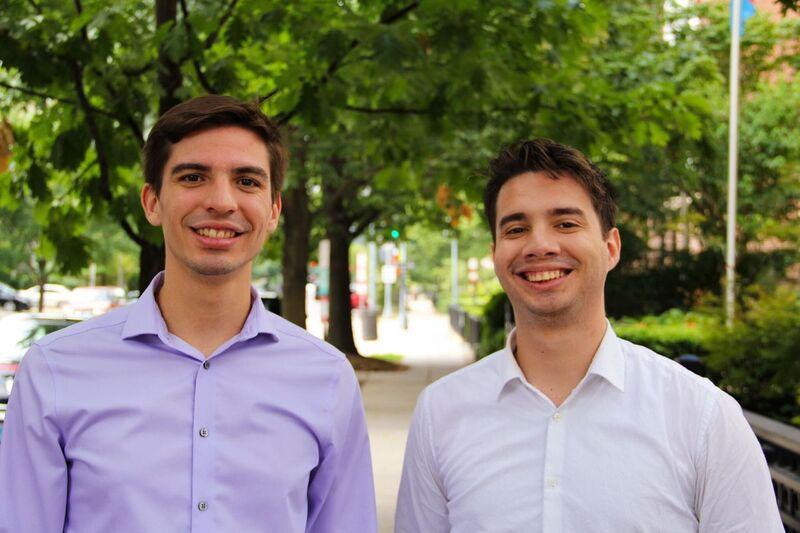When Jorge Galicia was told that college students in the United States might benefit from his story, because many campuses are pro-socialism, he didn’t understand.
Galicia had not long ago spent months in isolation, off the grid, hiding from the state police in Venezuela because he had been involved in political demonstrations calling for liberty. In the United States, he'd sought asylum, knowing someone who is politically active as he is would only face persecution if he went back.






